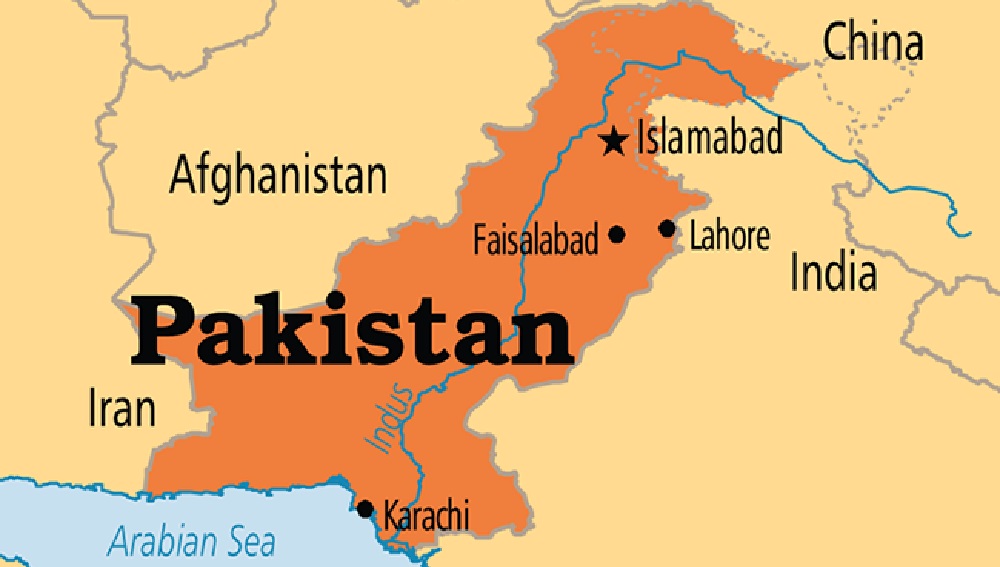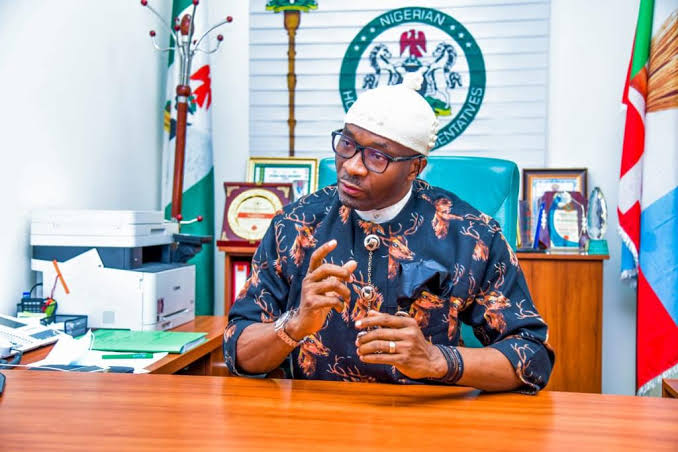News
Pakistani Taliban claim killing of polio vaccinator guard

By Francesca Hangeior
The Pakistani Taliban claimed the killing of a police officer as he travelled Monday to guard polio vaccinators on the first day of a nationwide immunisation effort after a year of rising cases.
The officer was travelling to guard polio vaccinators in the area of Jamrud town in northwestern Khyber Pakhtunkhwa province when he was killed, local police official Zarmat Khan told AFP.
“Two motorcycle riders opened fire on him. The constable died instantly at the scene,” he said.
Pakistan and neighbouring Afghanistan are the only countries where polio is endemic and militants have for decades targeted vaccination teams and their security escorts.
The Pakistani Taliban in a statement claimed responsibility for the “targeted attack” and said militants also “seized” the slain officer’s weapon.
Pakistan reported at least 73 polio infections in 2024, compared to just six cases in 2023. The vaccination campaign which started on Monday is the first of the year and is due to last a week.
“Despite the incident, the polio vaccination drive in the area remains ongoing,” Khan said.
Another senior police official in the area, Abdul Hameed Afridi also confirmed details of the attack and said officers have “launched an investigation.”
Prime Minister Shehbaz Sharif acknowledged the violence in a statement from his office, saying, “The anti-polio campaign will continue with full vigour.”
Polio can easily be prevented by the oral administration of a few drops of vaccine, but scores of vaccination workers and their escorts have been killed over the years.
In the past, clerics falsely claimed that the vaccine contained pork or alcohol, declaring it forbidden for Muslims.
In more recent years the attacks have focused on vulnerable police escorts accompanying the vaccinators as they go door-to-door. Last year, dozens of Pakistani policemen who accompany medical teams on campaigns went on strike after a string of militant attacks targeting them.
Pakistan has witnessed rising militant attacks since the Taliban returned to power in neighbouring Afghanistan.
More than 1,600 people were killed in 2024–the deadliest year in almost a decade, according to the Centre for Research and Security Studies, an Islamabad-based analysis group.
Islamabad accuses Kabul’s new rulers of failing to rout militants organising on Afghan soil, a charge the Taliban government routinely denies.
In November 2024, at least seven people–including five children, were killed in a bombing targeting police gathered to guard vaccinators near a school in southwestern Balochistan province.
Balochistan, which also neighbours Afghanistan, was the area with the largest number of polio cases in 2024, despite being the most sparsely populated.
News
A Chat with Janet Odio Okolo: A Mother’s Journey Raising a Child with Down Syndrome

News
Hon. Nnamchi Begins Street Lights Deployment In Isi Uzo(Photos)

Honourable Paul Sunday Nnamchi, representing Enugu East/Isi Uzo Federal Constituency in the 10th House of Representatives, has fulfilled his promise to illuminate communities in Isi Uzo Local Government Area.
The lawmaker has just begun the deployment of high-density solar-powered street lights in Ikem Nkwo, marking the beginning of a massive rollout of the street lamps across the communities in Isi Uzo.
This initiative, which started in Enugu East Local Government Area in 2024, aims to support the fight against insecurity in the state which according to him was to add to what Chief Security Officer of Enugu State Barrister Peter Mba had done to secure the state to attracts foreign investments.
The lawmaker expressed concern over banditry attacks, particularly by herdsmen, in some communities within Isi Uzo and Enugu East Local Government Areas in the recent pasts.
He believes that illuminating these areas with high-density street lights would help address the insecurity adding that he was prioritizing border and farming communities in Isi Uzo, where banditry has displaced residents and restricted farming activities.
Communities in Ikem, Eha-Amufu in Isi Uzo which borders Enugu and Benue State and Ugwogo-Nike in Enugu East have been vulnerable to these attacks due to their strategic locations.
News
May Day: Kalu Hails Workers, Applauds Their Role in Nation Building

By Gloria Ikibah
Deputy Speaker of the House of Representatives, Rep. Benjamin Kalu, has extended warm wishes to Nigerian workers as the country marks the 2025 edition of International Workers’ Day.
Kalu praised workers across various sectors for their commitment and resilience, describing them as the engine that keeps the nation moving. He acknowledged their sacrifices and unrelenting drive, especially during tough economic times.
In his message, he highlighted the efforts of the current administration under President Bola Tinubu to improve the welfare of public servants. He referenced the National Assembly’s prompt backing of the new minimum wage as a sign of the government’s seriousness about workers’ wellbeing.
The Deputy Speaker appealed for continued patience and understanding from Nigerians, noting that the ongoing economic reforms, while challenging, are designed to bring long-term relief and prosperity.
Kalu also called for unity, and said the country can only overcome its present difficulties if citizens and leaders work together in good faith.
He therefore urged workers to keep the faith and remain steadfast in their duties, assuring them that brighter days are on the horizon, and wished Nigerian workers a peaceful and fulfilling May Day celebration.
-

 Metro17 hours ago
Metro17 hours agoGunmen storm University of Benin teaching hospital, kill doctor
-

 Metro17 hours ago
Metro17 hours agoFCTA destroys 601 motorbikes over violations
-

 News8 hours ago
News8 hours agoAlleged money laundering: EFCC produces Aisha Achimugu in court
-

 News17 hours ago
News17 hours agoJust in: FG declares tomorrow public holiday
-

 News10 hours ago
News10 hours agoJUST IN: Major General Paul Ufuoma Omu Rtd, dies at 84
-

 News13 hours ago
News13 hours agoSAD! Professor’s son takes own life inside varsity staff quarters
-

 News10 hours ago
News10 hours agoTinubu hails Dangote’s World Bank appointment
-

 News17 hours ago
News17 hours agoFull list: FG approves N110bn to rehabilitate medical schools 18 institutions






















